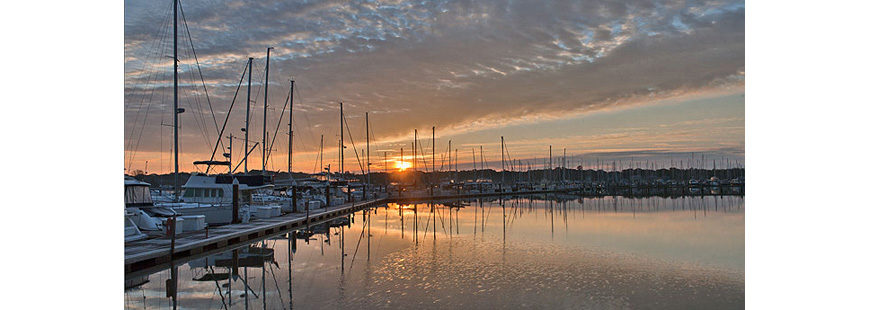Some days it seems like everything is bad. We are inundated with negative information that serves more to polarize positions than anything else. Fisheries management is no different, and there is no shortage of bad news. It’s the good news that doesn’t get told. Groups are working together every single day to make things better for generations to come. Telling these stories is integral to the future of the resource because inherently, we want to leave the resource better than we found it. I’ve been fortunate enough to meet a wide variety of do-gooders in my day. They come in all shapes and sizes and appear when you least expect it.
My wife had a co-worker who knew I worked in conservation. The co-worker’s daughter was a girl scout trying to get a badge. We developed a plan for the Girl Scout troop to grow some oysters in floats. It seemed simple enough. We’d raise some money for floats, cages, and spat. The troop would develop a monitoring plan and in the end, we’d let the oysters go on an established reef in the bay. It wasn’t long before the project took a dramatic turn.
The kids started conducting experiments on some of the oysters and found out that a chemical used for de-icing planes was lethal to oysters. Don’t ask me how… I still don’t know, but they ended up getting an addition in the Clean Water Act, they won the state and national Girl Scout competition. If that wasn’t enough, they were invited to an international science competition in China, and they won that too. Amazing things can come out of a single phone call if you only give it a chance.
There was a young man who was doing the same oyster work for the Eagle Scouts. He took over an entire creek near his home. He worked out of a borrowed skiff and would always check the cages especially for older homeowners. He worked tirelessly for years cleaning and monitoring the oysters. At the culmination of the project, he actually created a new (approved) reef in the river that still exists today. Last time I checked, this young man was on the road to becoming a Naval Aviator at the Naval Academy. It was a great experience to be a tiny part of his formative years.
I would be remiss not to mention a few characters from the Eastern Shore who did what they thought was right for a little fish that no one cared about. A group of three men decided that menhaden numbers were collapsing and wanted to do something about it. They would wait for the charter boats to come back to port and examine the stomach contents of striped bass. The thought was that menhaden are the primary food source for stripers and their stomachs should be full of them. This went on for years and years. They had no funding, no backing from any council, and little or no support from the state. In fact, they were criticized for not being trained scientists. All three “characters” have passed away but they left one hell of a legacy. On November 13th, we had the final vote on menhaden being managed for the ecosystem and not as a single species. I am pretty sure they were looking down on us and smiling.
In the end, it all comes down to passion. I’ve seen the most unlikely people make incredible lasting impacts through sheer will and determination. Isn’t that who we all really want to be? My message is simple; if you believe in something, if you want to fight for the future, and if want to leave things better for the next generation, then get off your butt and do it. You might fail, be criticized, or be consumed with frustration, but you might make a difference. Isn’t that something worth doing?


